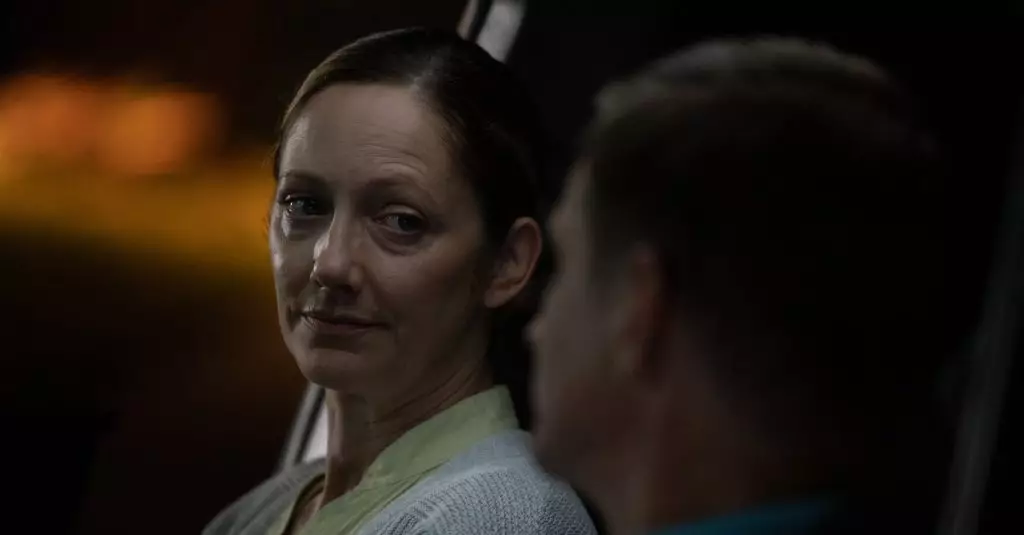Michael Shannon, known for his riveting performances in both film and television, steps into the director’s chair for the first time with “Eric Larue.” Set to hit theaters on April 4, this film is adapted from Brett Neveu’s acclaimed play and delves deep into the tumultuous aftermath of a horrific tragedy. At the center of the story are two parents grappling with unimaginable loss and sorrow—the result of a shocking crime committed by their son. The narrative uniquely explores themes of grief, faith, and societal issues surrounding gun violence, making it both timely and poignant.
Shannon has put together an impressive cast that includes Judy Greer, Alexander Skarsgård, Alison Pill, Tracy Letts, Paul Sparks, and Annie Parisse. Each actor brings a rich depth to their roles, particularly Greer, who portrays Janice, a mother struggling to come to terms with her son’s actions. Her character’s journey is one filled with rage and confusion, offering a raw look at how one manages the dualities of despair and the quest for healing. Skarsgård’s character provides a contrasting perspective, seeking solace in a new religious community, showcasing the different ways individuals cope with hardship.
For Shannon, “Eric Larue” is not just another project; it holds a personal significance akin to his previous work as an actor. He expresses his gratitude towards Magnolia Pictures for distributing the film, a company he has long admired. He articulates the movie’s aim to serve as a means of healing amidst a national crisis of gun violence affecting schools. Shannon’s insight into this societal issue adds a layer of depth to the film, as it emerges from an authentic desire to prompt dialogue and introspection among audiences.
“Eric Larue” is produced by a notable lineup including Sarah Green, Karl Hartman, and Jina Panebianco, highlighting a collaborative effort rooted in creative excellence. Additionally, the support from Shannon’s frequent collaborator, Jeff Nichols, in an executive producer role, further bolsters the film’s artistic integrity. Such collaborations can often lead to a nuanced representation of complex themes, and in this case, the film promises to navigate the delicate terrain of trauma with sensitivity.
As “Eric Larue” gears up for its release, it stands as a significant piece of cinema—one that confronts painful realities while offering a glimmer of hope for healing. With its strong performances and Shannon’s personal touch as a director, audiences can anticipate a thought-provoking exploration of the human condition in the face of tragedy. This film is likely to resonate with many, serving as a reflection on the enduring impacts of violence and the quest for understanding in a fractured society.
